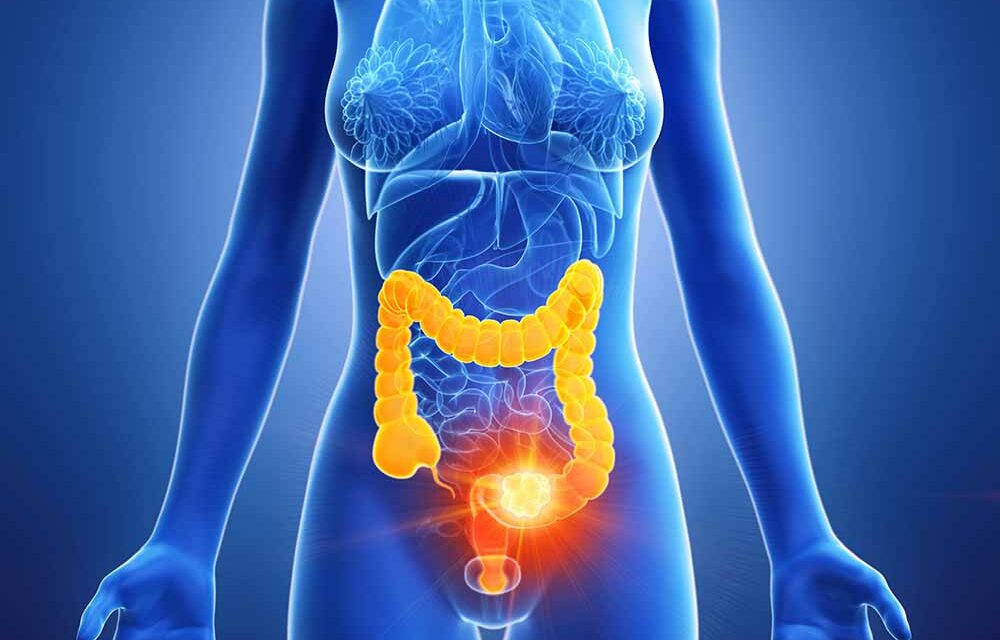A trial run by the South Tyneside and Sunderland NHS Trust, called COLO-DETECT, has used artificial intelligence (AI) to improve colonoscopies and identify the number of polyps during a bowel cancer screening programme. The programme involves testing whether the use of GI [Gastro-intestinal] Genius, an AI tool, can enhance the colonoscopy procedure, especially in identifying areas of the intestine that were not examined. The trial involved more than 2,000 patients across 10 NHS trusts. The AI has identified tissue that could potentially be missed by the human eye. The results of the trial are expected to be published at the end of the year. The Sir Bobby Robson Foundation has provided almost £1m in funding to support a range of COLO-SPEED research trials.
Jean Tyler, 75, from South Shields, was part of the Colo-Detect study as part of the AI detection trial. About a year ago, the AI detected a number of polyps and an area of cancer during Tyler’s colonoscopy. Following Tyler’s surgery at South Tyneside District Hospital she has fully recovered. Tyler consented to take part in the study, expressing her willingness to participate in research projects as she believes they have the potential to bring benefits to everyone.
Professor Colin Rees, a gastroenterology consultant based at Newcastle University, led the study along with his colleagues. According to Professor Rees, the intricate layout of our internal organs makes it possible for even the most skilled medical professionals to overlook crucial aspects during a colonoscopy. AI could be used to “augment” rather than replace medical experts, and would be a major tool in medicine in the coming years. COLO-DETECT is part of a broader COLO-SPEED research programme that has recruited over 4,000 patients, making it one of the world’s largest bowel cancer research platforms. The study had a significant impact on patients, and Professor Rees and his colleagues are always grateful to patients like Jean for taking part in vital research. Regardless of the results, the study will ensure that the message gets out there and that detection is improved. If it does not, the research will not waste resources on things that do not help.
The use of AI in detecting cancer is expected to become more common in the coming years, with AI being able to look at data, detection, imaging, and pick up patterns in data or results. AI will play a significant role in medicine in the future. The COLO-DETECT study is leading the way in bowel cancer research, and its trial will help pave the way for AI to be used in the early detection of cancer.










![Fei-Fei Li and a technical future - NewsBites.AI [Fei-Fei-li picture] looking optimistically into a technical future. Optimistic. Hopeful. Happy. Productive. --ar 16:9. Image courtesy of Midjourney, used with permission. All rights reserved.](https://newsbites.ai/wp-content/uploads/2023/05/Fei-Fei-Li-futuristic-1-150x150.png)

Trackbacks/Pingbacks